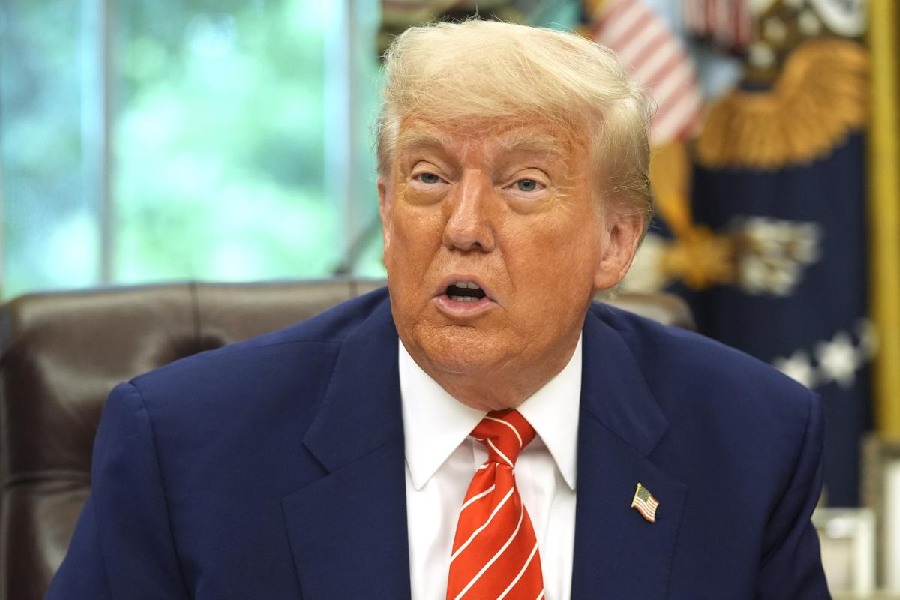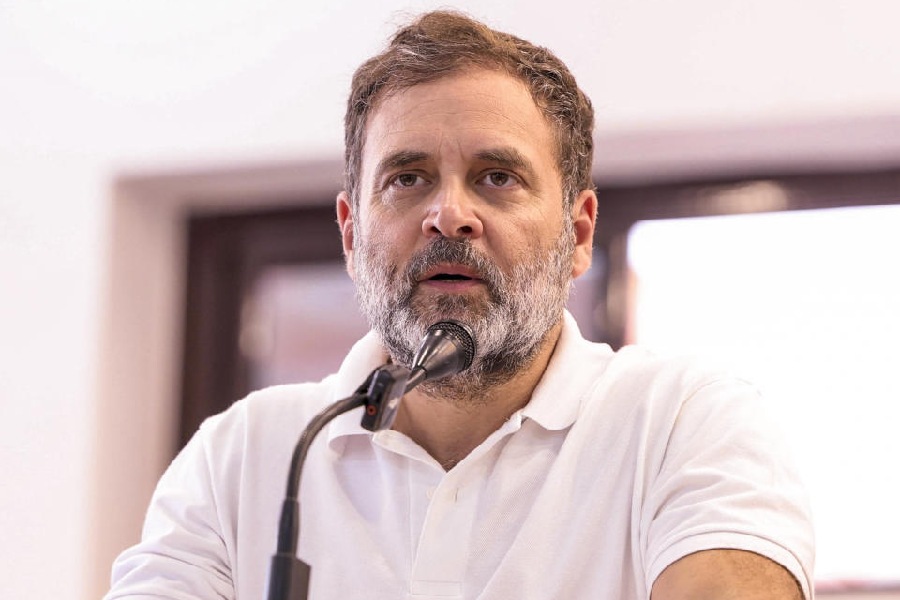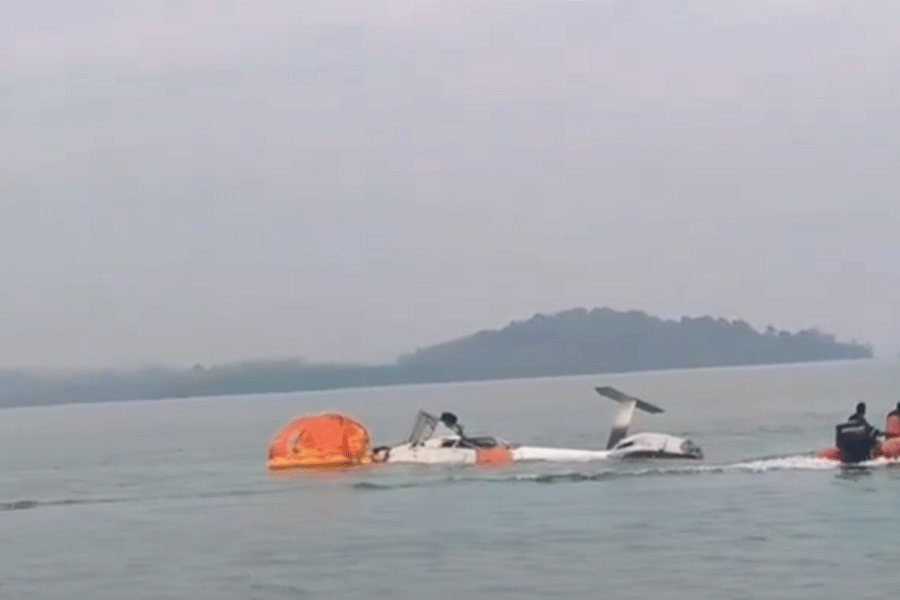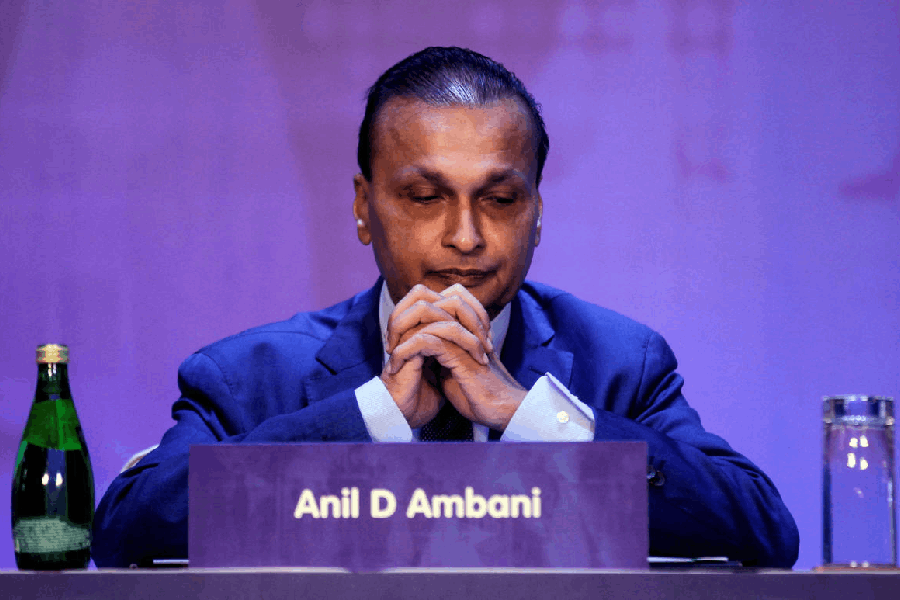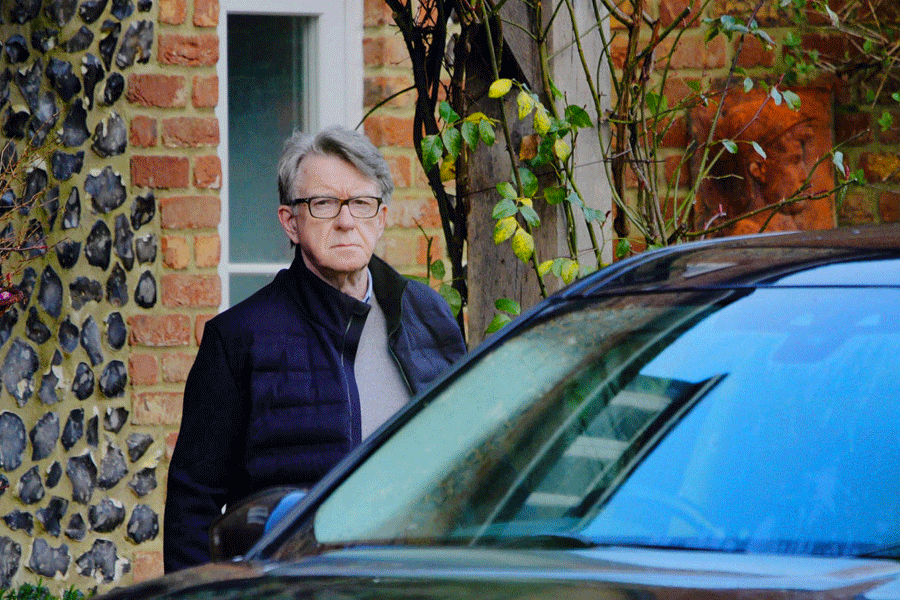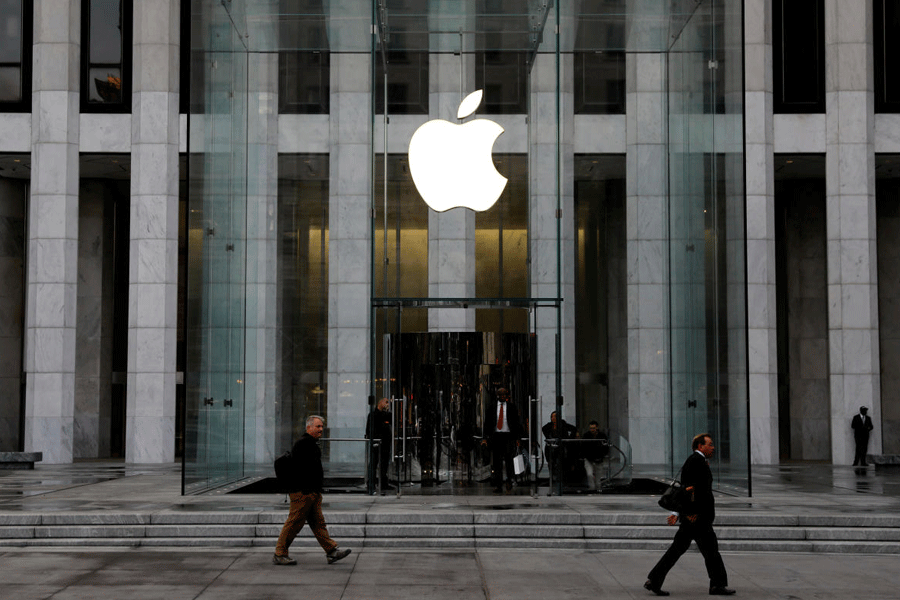Donald Trump announced on Monday evening that Washington had threatened to stop trade with India and Pakistan if they did not agree to a “ceasefire”, reaffirming that his administration had helped broker the truce.
The US President’s claim came minutes before Prime Minister Narendra Modi was to begin his address to the nation on Operation Sindoor. “On Saturday, my administration helped broker a full and immediate ceasefire — I think a permanent one — between India and Pakistan, ending a dangerous conflict of two nations with lots of nuclear weapons,” Trump said at a media briefing in the White House.
“They were going at it hot and heavy, and it was seemingly not going to stop.” This was not an off-the-cuff remark, nor was it said in response to a question. Trump was reading from a prepared text, and had begun the briefing with a detailed statement on the India-Pakistan situation.
Trump added: “I am very proud to let you know that the leadership of India and Pakistan was unwavering, powerful — but unwavering in both cases. They really were from the standpoint of having the strength, and the wisdom and fortitude to fully know and to understand the gravity of the situation and we helped a lot. We helped also with trade. I said, ‘Come on, we’re gonna do a lot of trade with you guys.’”
He further remarked: “I said, ‘Let’s stop it, let’s stop it. If you stop it, we’re doing trade. If you don’t stop it, we’re not gonna do any trade’.”
Trump added: “People never really use trade the way I use trade. And, all of a sudden, they said, ‘I think we’re gonna stop’. And, they have. And, they did it for lot of reasons but trade is a big one.”
There was no immediate response from the external affairs ministry to Trump’s remarks. Nor had India, by late Monday evening, officially responded to the US claims of having brokered the “ceasefire”.
Sources said there was no reference to trade in any of the four discussions India had with the US since Operation Sindoor began. “After Operation Sindoor commenced, Vice-President J.D. Vance spoke to the Prime Minister on May 9. Secretary Marco Rubio spoke to the external affairs minister on May 8 and 10, and to the NSA on May 10. There was no reference to trade in any of these discussions,” a source said.
At the media briefing in the White House, Trump said: “We’re gonna do a lot of trade with Pakistan. We’re gonna do a lot of trade with India. We’re negotiating with India right now. We’re gonna be soon negotiating with Pakistan. We stopped the nuclear conflict. I think it could have been a bad nuclear war. Millions of people could have been killed.
“So, I’m very proud of that. I also want to thank Vice-President Vance and secretary of state Rubio for their work and efforts. They worked very hard.”
On Sunday, Rubio had backed direct dialogue between India and Pakistan in his conversation with British counterpart David Lammy.
Rubio told Lammy that Washington supported “direct dialogue between India and Pakistan and encouraged continued efforts to improve communications” while underscoring the need to maintain the “ceasefire”.
India has since Saturday evening studiously avoided using the word “ceasefire”, maintaining that Operation Sindoor is still on.
Successive Indian governments from across the political spectrum have maintained that the India-Pakistan issue is a bilateral one with no room for third-party intervention, although Islamabad has repeatedly sought to internationalise Kashmir, in particular.
Pakistan defence minister Khwaja Asif has told a Pakistani television channel that talks between the two countries should include Kashmir, terrorism and water.
India has made it clear that, as of now, whatever discussions there are to be with Pakistan would happen at the level of the Directors-General of Military Operations.
India hopes that keeping the Indus Waters Treaty in abeyance will compel Pakistan to agree to revisiting the 65-year-old accord to make it “fit for purpose for the 21st century”.
New Delhi has been urging Islamabad over the past two years to revisit the treaty in the light of technological changes as well as the new challenges that have emerged, including climate and demographic changes.
The treaty provides for modifications but Pakistan has steadfastly refused to accept India’s demand. The Pahalgam attack provided India with the opportunity to keep the treaty – which it had adhered to through three wars – in abeyance.
This was the third day in a row that Trump had claimed to have mediated the stoppage of firing between India and Pakistan.

